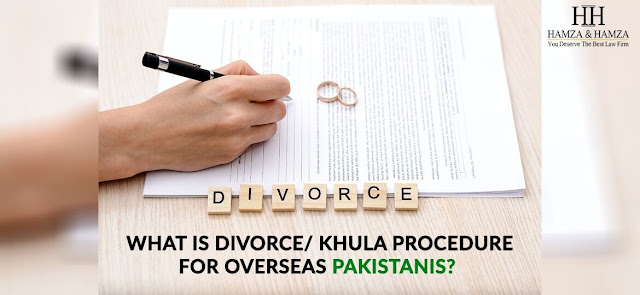In Pakistan, where family structures are often deeply influenced by religious and cultural traditions, the
Khula Procedure In Pakistan stands as a significant legal avenue for women seeking a divorce on their own initiative. Derived from Islamic jurisprudence, Khula allows a woman to dissolve her marriage through the court system when she no longer wishes to remain with her husband—even if he refuses to grant her a divorce. But while the right is constitutionally and religiously protected, the practical process raises an important question:
Is the Khula procedure in Pakistan truly empowering for women?Understanding Khula: A Woman-Initiated Divorce
The term Khula refers to a woman’s right to seek dissolution of marriage under Islamic law by giving up her dower (Haq Mehr) or some other financial consideration. Unlike a Talaq, which is initiated by the husband, Khula is initiated by the wife, and typically requires a court decree. In Pakistan, this process is governed by the Family Courts Act 1964, and various decisions by the superior judiciary have further shaped its implementation.
Legal Steps in the Khula Procedure
Filing the Suit: The process begins when a woman files a suit for Khula in the Family Court located in her jurisdiction. She must state that she cannot live with her husband within the limits prescribed by Allah, which is usually sufficient grounds.
Court Notice and Mediation: The Family Court issues a notice to the husband and attempts reconciliation through a judge-led mediation session. This is a required step by law to ensure that divorce is not a hasty decision.
Failure of Reconciliation: If reconciliation efforts fail and the wife persists in her request, the judge proceeds to issue a decree for Khula. Often, the woman is required to return the Haq Mehr or any other benefits received during the marriage.
Effective Divorce: Once the decree is granted, the court sends notice to the Union Council for formal confirmation of divorce. The Council issues a Talaq Certificate after the lapse of 90 days, during which reconciliation is still possible.
Challenges in the Khula Process
Despite its clear legal framework, women often face multiple challenges in exercising their right to Khula in Pakistan:
Social Stigma: Women pursuing Khula Procedure In Pakistan are frequently criticized or alienated by their families and communities, as divorce remains taboo in many parts of society.
Legal Delays: Though the Family Court is meant to resolve Khula cases within a few months, procedural delays can often prolong the process.
Financial Pressure: The requirement to return Haq Mehr or give up financial rights can be burdensome, especially for women with limited financial independence.
Threats and Intimidation: In some cases, husbands or their families may retaliate or attempt to coerce women into withdrawing their case.
Recent Legal Trends
The Pakistani judiciary has shown growing sensitivity towards women’s rights in Khula proceedings. Courts now increasingly accept a woman’s statement of incompatibility as sufficient ground, and some rulings have even waived the requirement of returning Haq Mehr if the husband is found guilty of cruelty or misconduct.
Moreover, digitization efforts in some jurisdictions are slowly improving access to family courts, making it easier for women to initiate and follow through with legal procedures.
Conclusion: Legal Right vs. Practical Reality
The Khula procedure in Pakistan is legally enshrined and religiously supported, offering a vital escape route for women trapped in unhappy or abusive marriages. However, its practical empowerment depends heavily on social support systems, legal awareness, and access to competent legal representation.
For any woman considering Khula, understanding the process and working with experienced professionals can turn this legal right into a powerful tool for freedom and dignity.
This is where Hamza & Hamza Law Associates plays a crucial role. With extensive experience in family law, their firm provides women with the legal guidance, court representation, and emotional support needed to navigate the Khula process efficiently. Whether it’s filing the initial petition, negotiating a fair financial settlement, or ensuring post-divorce legal security, Hamza & Hamza Law Associates is committed to upholding the rights of women in Pakistan’s family law system.





Comments
Post a Comment